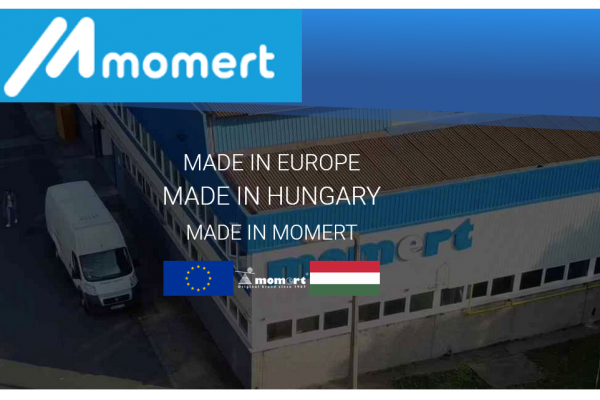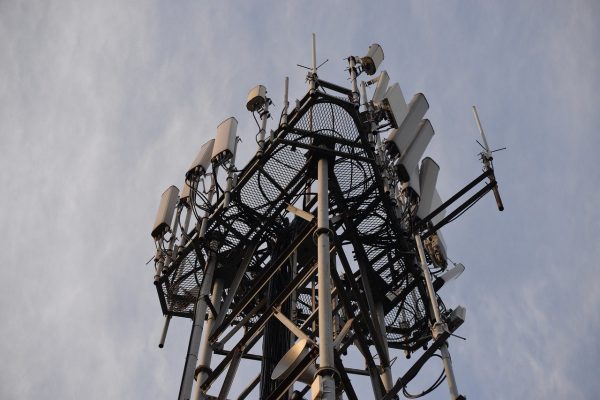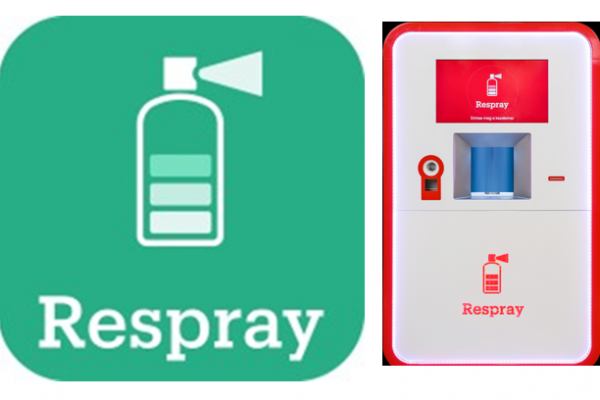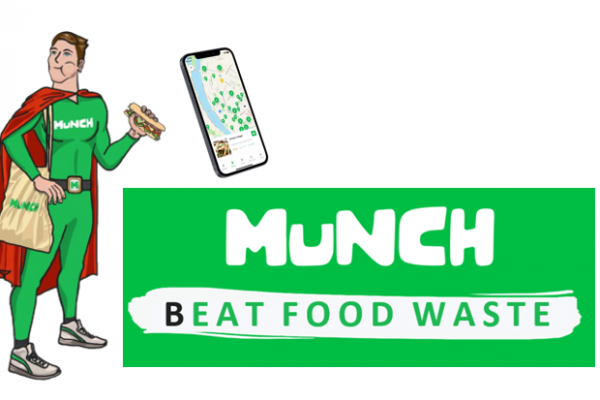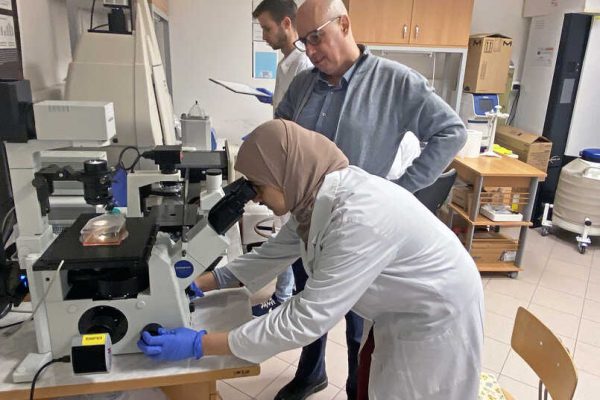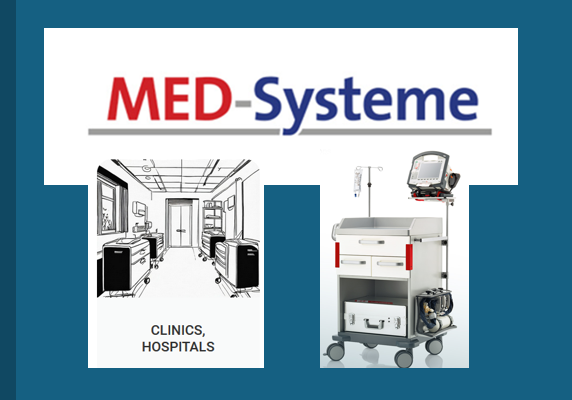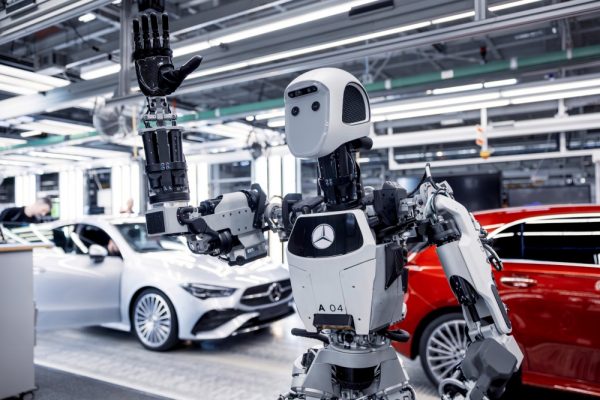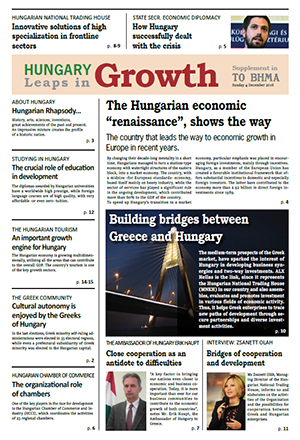In EU’s new Multi-Annual Financial Framework, the support of transport development, and in particular the facilitation of the transition to sustainable transport, will continue to play a significant role. In a study on smart and sustainable mobility commissioned by the Embassy of the Kingdom of the Netherlands, Deloitte analyzed the business opportunities offered to market players in the new financing period. The Hungarian Government started a social dialogue on the new EU-funded programs planned for the period 2021-2027 in October 2020 and has since released further information on the allocation of resources and the priority areas of support. It is already known that the Integrated Transport Development Operational Program Plus (IKOP Plus) with a budget of EUR 4.5 billion will be the largest EU source for rail transport, road, bicycle, and port investments in Hungary in this decade. Additional support for making the transport sector greener is expected to be provided by the Recovery and Resilience Facility and the Green Economy Financing Scheme.
Taking into account the needs of both domestic and foreign investors, the report describes the characteristics of the Hungarian business environment, provides an overview of financial incentives for businesses and research consortia, and presents a wide range of Dutch-Hungarian cooperation opportunities in e-mobility, urban and international logistics as well as hydrogen propulsion.
The three main areas of collaboration identified by the study:
E-Μobility
In Hungary, there are still many untapped opportunities to expand the infrastructure for charging electric vehicles. There are only 1,200 charging stations nationwide and many regions are not yet adequately covered. By 2030, the government would increase the number of charging points in Hungary to at least 5,900, for which 360 million euros are expected to be available. In addition, there will be an emphasis on decreasing greenhouse gas emissions in public transport.
Greening of urban logistics
Due the pandemic, the demand for e-commerce services has skyrocketed in 2020, which further increased the pressure on the urban transport network.
Among other things, smart and sustainable „last mile” solutions are needed, such as the utilization of unused brownfield sites in the inner city to create logistics centers from where couriers deliver packages by electric bikes or vans.
Research, development and innovation
There are many opportunities for cooperation between foreign and Hungarian research institutes in the field of smart mobility and city logistics, for which financial support can be obtained under the Horizon Europe or the Connecting Europe Facility (CEF).
Source: Budapest Business Journal




